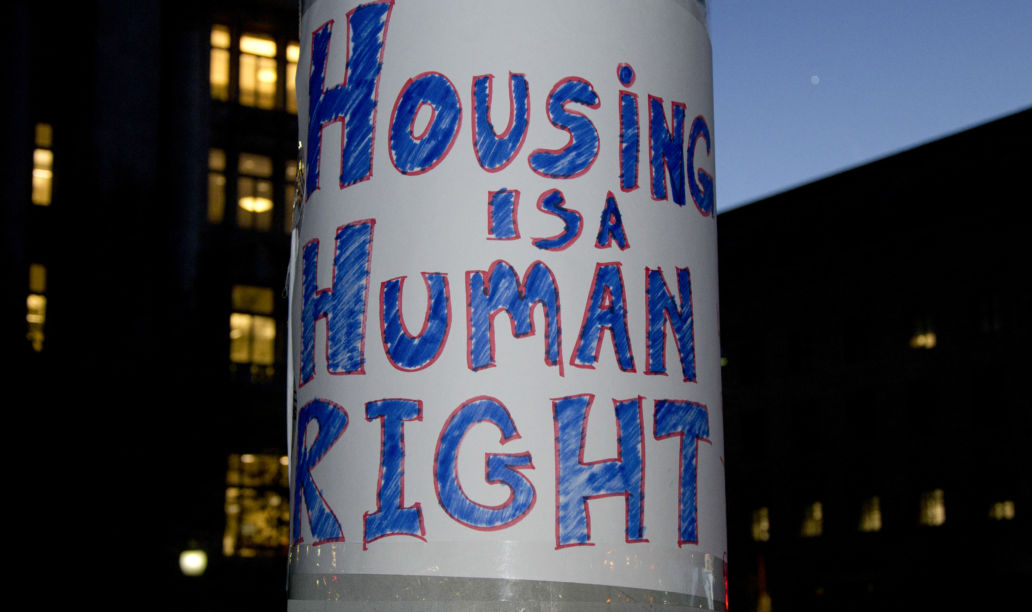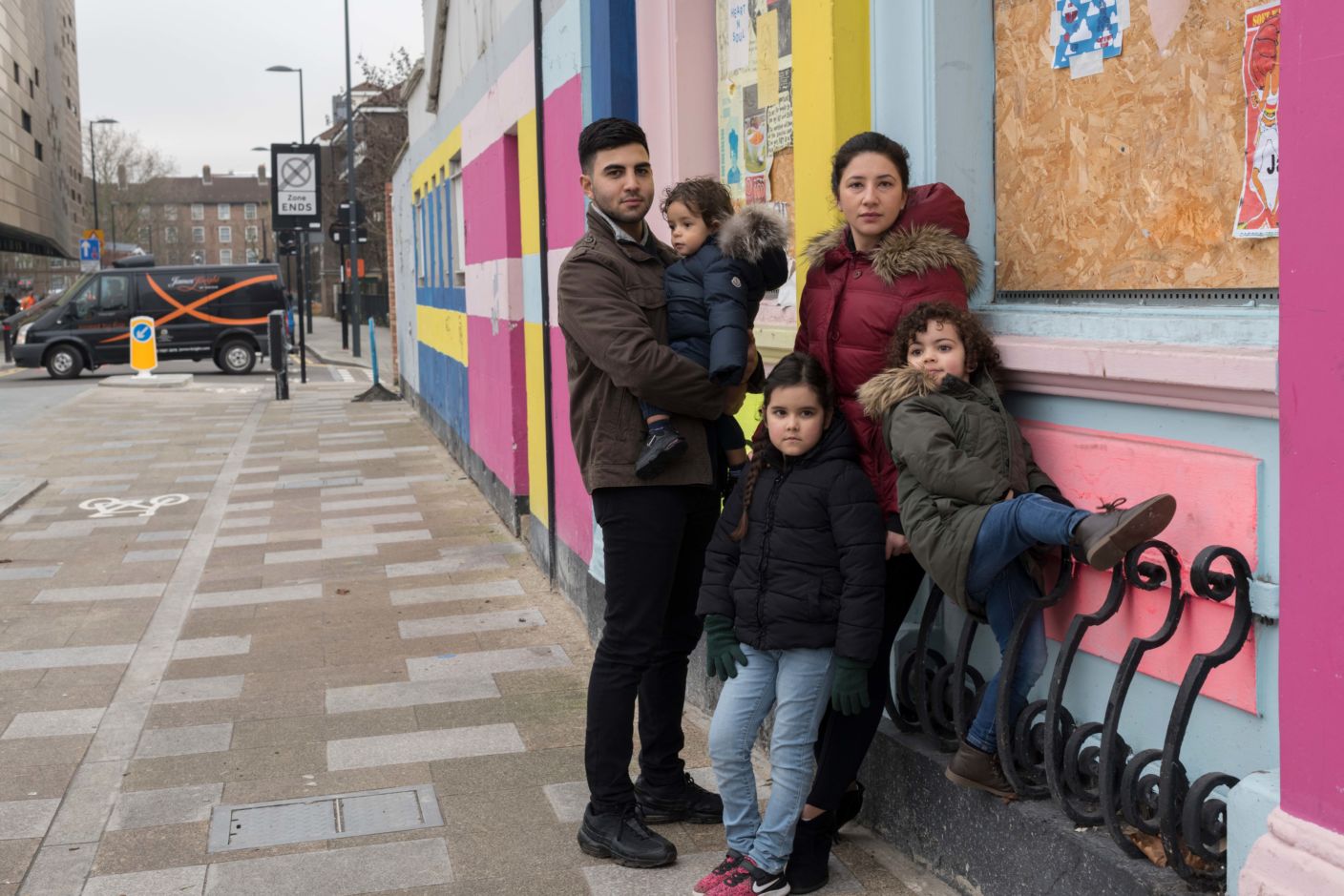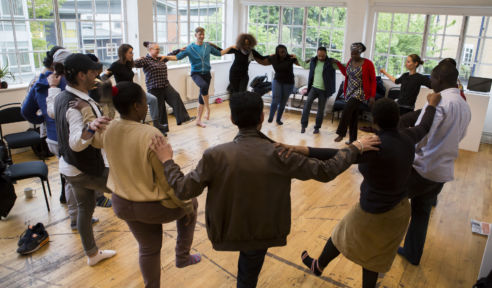The migration sector has long experience of being incredibly adaptable in the context of policy and funding uncertainty and responded quickly to the challenges of the pandemic. Organisations we fund showed an immediate grasp of new needs both during the first lockdown and as the deep impact on communities has unrolled.
Responding to Covid
The context is likely to remain incredibly challenging for this sector going forward, both because of the disruption to traditional funding pipelines and to the increasingly hostile political context for this work. However, funding has helped to alleviate real hardship for people at the grassroots and supported many agile and determined organisations to regroup to face whatever comes next.
Over the past few years the Shared Ground Fund has concentrated funding around four long-term objectives: migration system reform, access to support services, civic participation and public perceptions of migration and integration, drawing from the Fund’s Theory of Change (ToC). Over the past year, the team have been working to update the ToC and using a systems change lens to think critically about our aims and approaches. Our grant-making draws on this thinking, while responding to the current context.
Project 17

Project 17 works to reduce destitution among families with no access to mainstream welfare because of their immigration status. PHF funded Project 17 to develop policy and campaigns work, led by people with lived experience of no recourse to public funds.
Covid-19 made life disproportionately more difficult for people with no recourse to public funds – with increasing vulnerability to homelessness, decreasing access to education, and uncertainty in accessing basic needs such as food. Project 17 adapted quickly and funding enabled expansion of the work they were already doing. Services were made accessible by phone, increasing the number of people that could be supported, as there was no longer any limit in geographical reach. The principle was to ensure families were able to access statutory rights and entitlements through advice and advocacy, with additional support from emergency funding to cover immediate needs.
Policy work pivoted to focus on the impact of the lockdown and Project 17 increasingly had the ear of government and a wider network of organisations with shared aims, intervening in a successful judicial review of Home Office policy. Project 17’s focus on the welfare of staff and clients during the pandemic will continue to be a priority, alongside reflecting on strategic direction, sustainable funding and continuing to put people with no recourse to public funds at the centre of their work.
Project 17 adapted quickly and funding enabled expansion of the work they were already doing.
In numbers
Migration and integration grants
Shared Ground Fund grants
Special initiatives and projects grants
Value of grants
Total amount awarded
Shared Ground Fund
Special initiatives and projects
Funding has helped to alleviate real hardship for people at the grassroots.
What we are funding
The Shared Ground Fund supports a range of work including service provision, strategic litigation, research and campaigning. There are a couple of particularly strong themes within the grants awarded since re-opening.
One cluster of grants is aiming to develop and enhance the quality, capacity and accessibility of immigration advice. Some of these are focussing on specific groups like those caught up in the Windrush scandal or requiring the EU Settlement Scheme, with many using tools like alliance building, partnership working and system innovation to attempt to improve access to justice.
There is also a strong theme of advocacy and campaigning with a view to both shifting public narratives about migration and policy change in relation to the migration system. This work is tackling issues like destitution, detention, the hostile environment and racial justice. These grants include work on framing and messaging, amplifying the voices of those with lived experience, and relationship building and collaboration.
Over the coming year we anticipate continuing to fund a variety of approaches and working closely with the organisations we fund to develop shared insights as to how we can most effectively collaborate and promote change in the migration system.
Settled
Kate Smart, CEO of Settled, describes the organisation as an independent charity established in 2019 to respond to the needs of Europeans in the UK who are affected by Brexit.
The pandemic did change the way Settled was working but, initially, it wasn’t front of mind, as the looming deadlines of the EU Settlement Scheme had their own sense of urgency. However, for Settled’s service users, numerous challenges quickly emerged – like loss of employment and barriers to making applications.
Settled continued to help a small number of the most urgent cases face to face, but most of the work moved online.
The volunteers with whom Settled works in different parts of UK had to move rapidly to working online and contacting people by phone: ‘We realised very quickly that providing services online was the best means of communication, especially Facebook as it runs in so many different languages and is used by a broad spectrum of people. Yes, we lost that human contact, but we were able to increase our reach very quickly which was a bigger gain’.
Despite the inevitable challenges and adjustments of remote working, all volunteers have been retained, remaining motivated, engaged and feeling that they belong to the organisation. The retention of the organisation’s truly human qualities is significant. Knowing what the needs of their client group are, and how the pandemic has created further complexities for them, Settled realise now that expansion is needed, and additional funding will be essential to help them keep going and reaching out to greater numbers.
We realised very quickly that providing services online was the best means of communication, especially Facebook as it runs in so many different languages and is used by a broad spectrum of people. Yes, we lost that human contact, but we were able to increase our reach very quickly which was a bigger gain.



